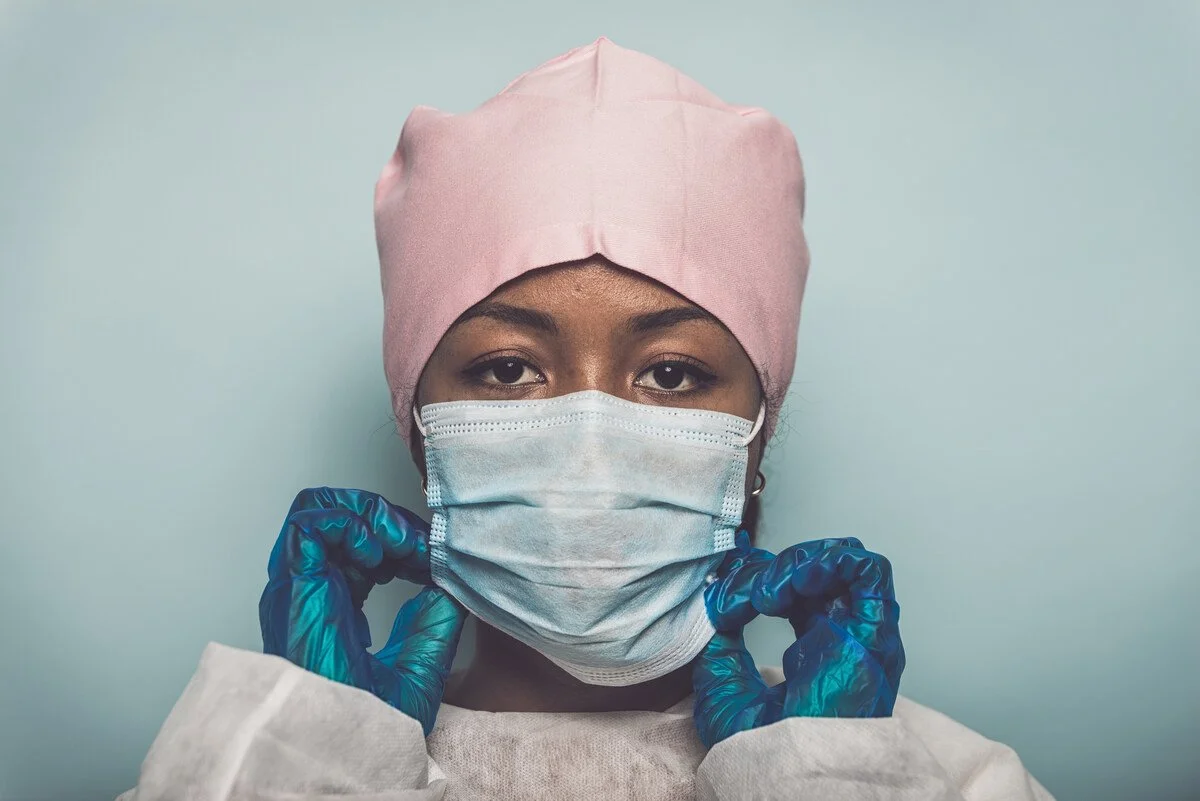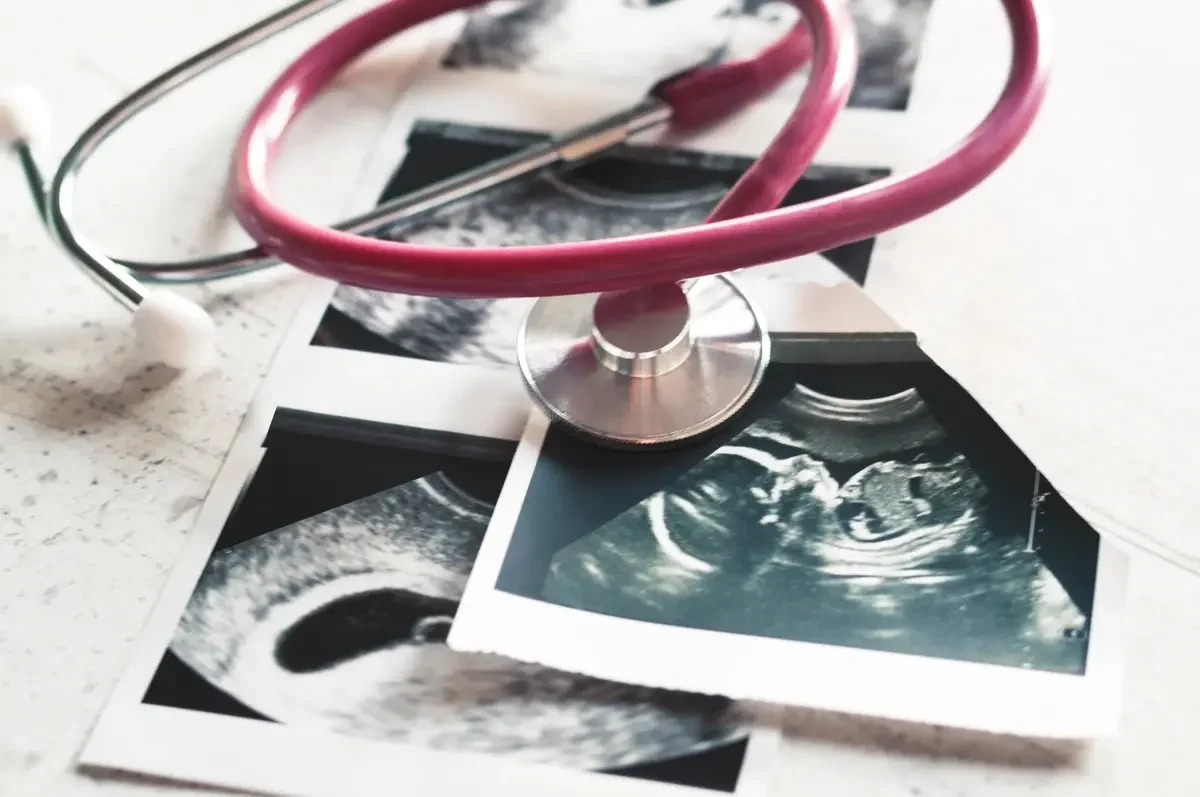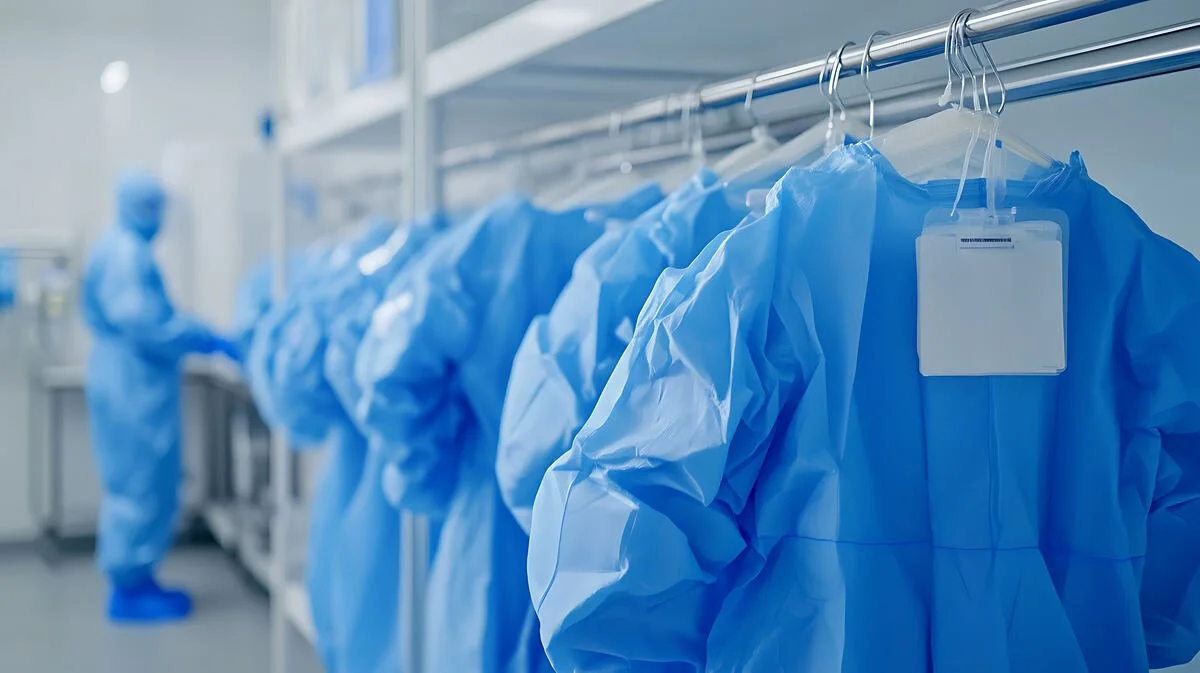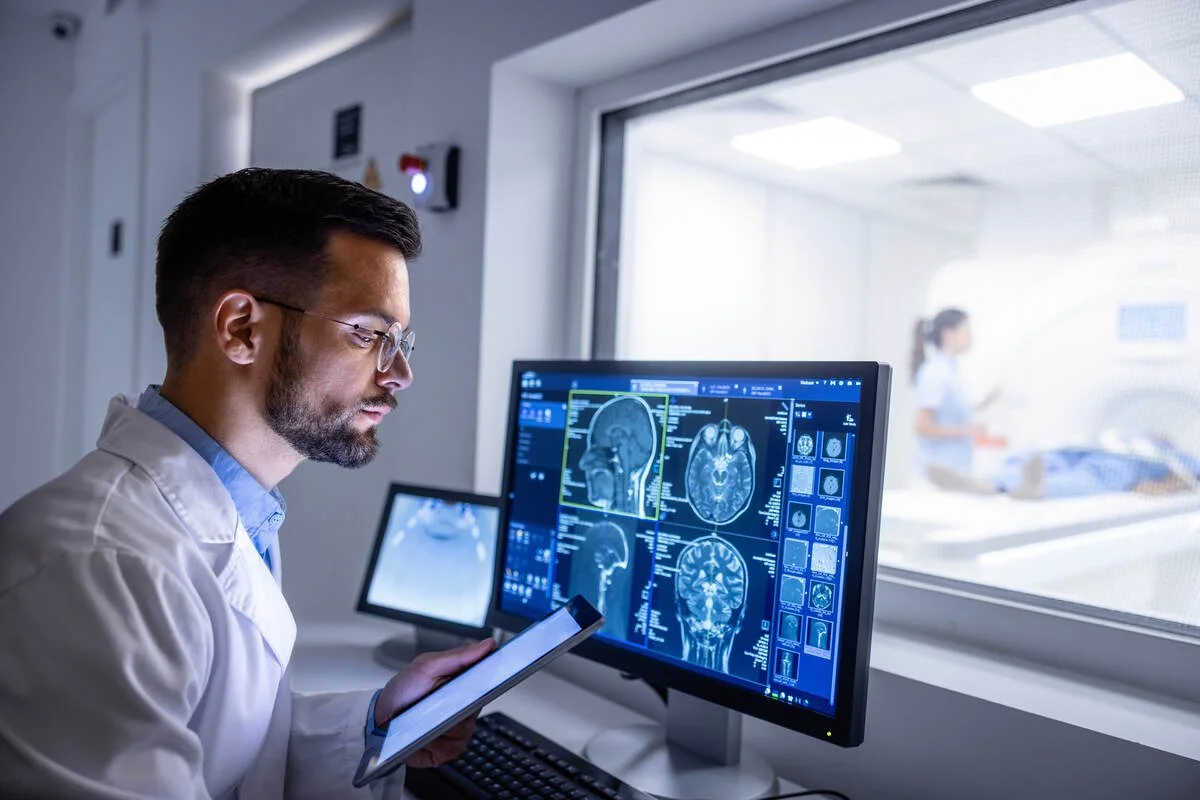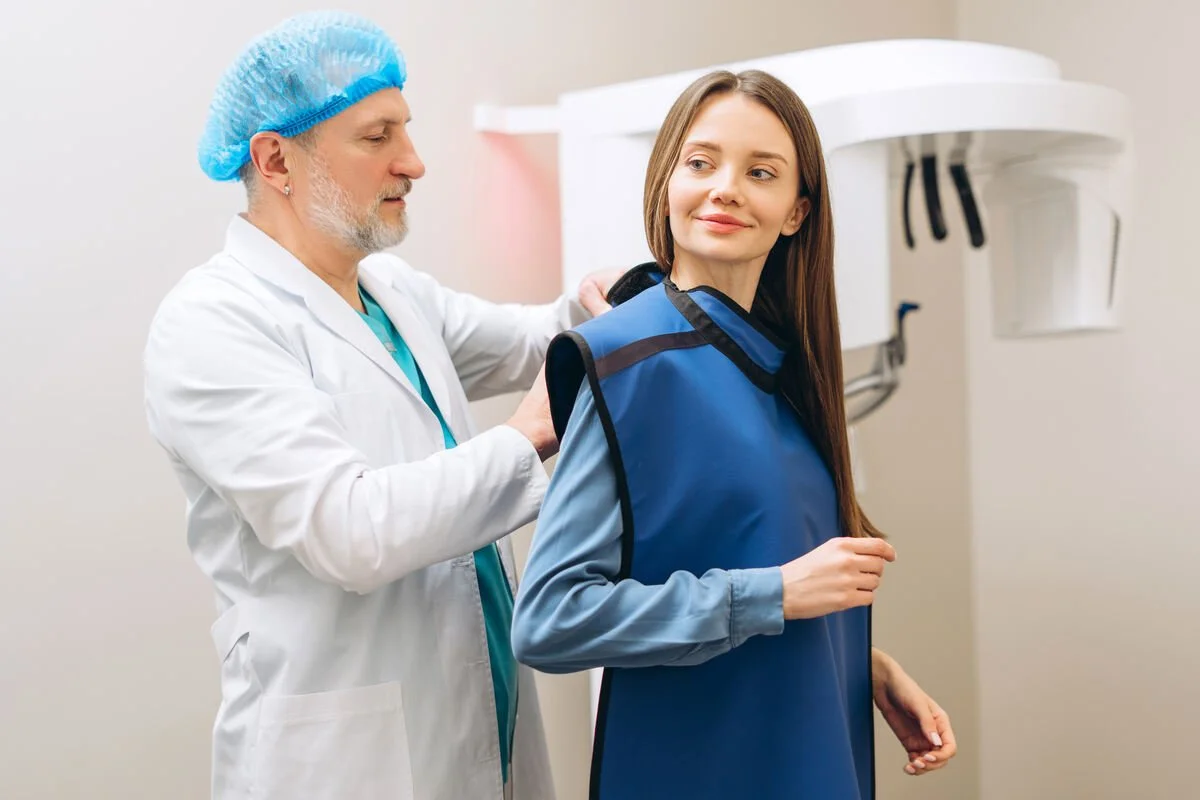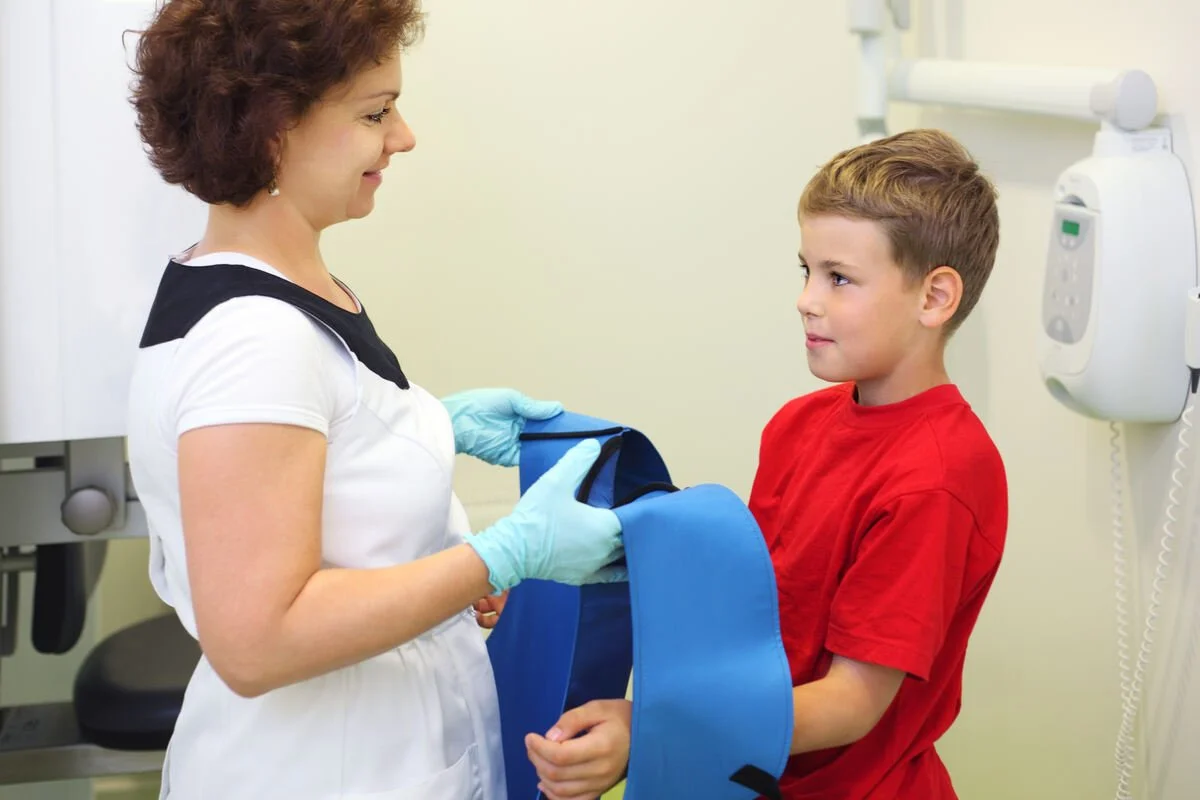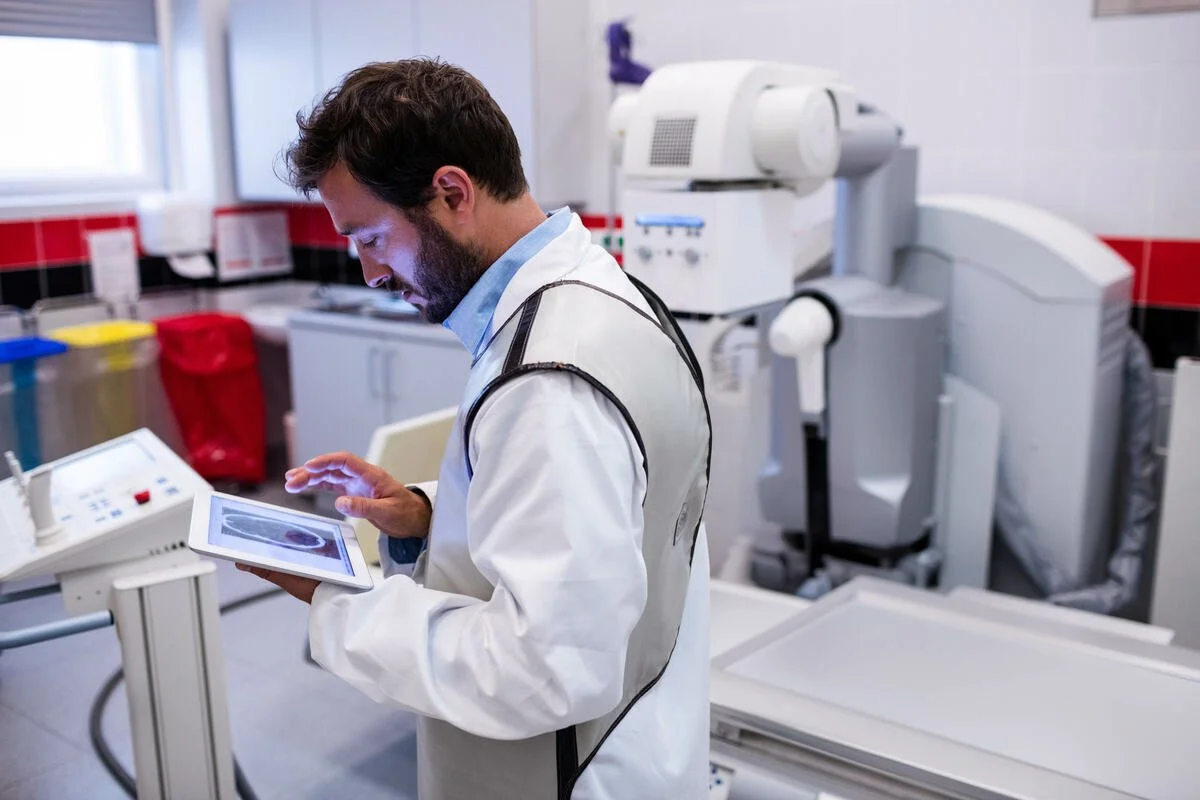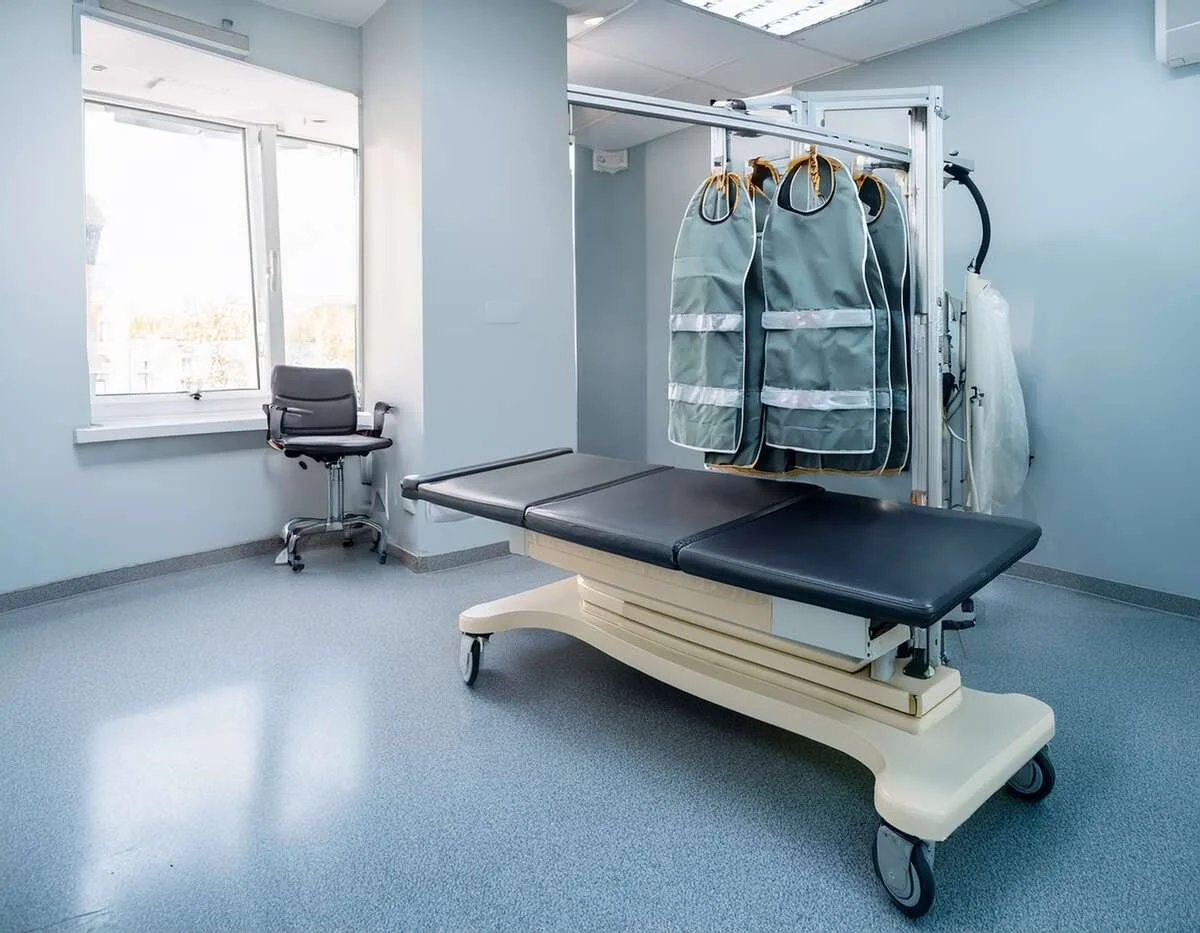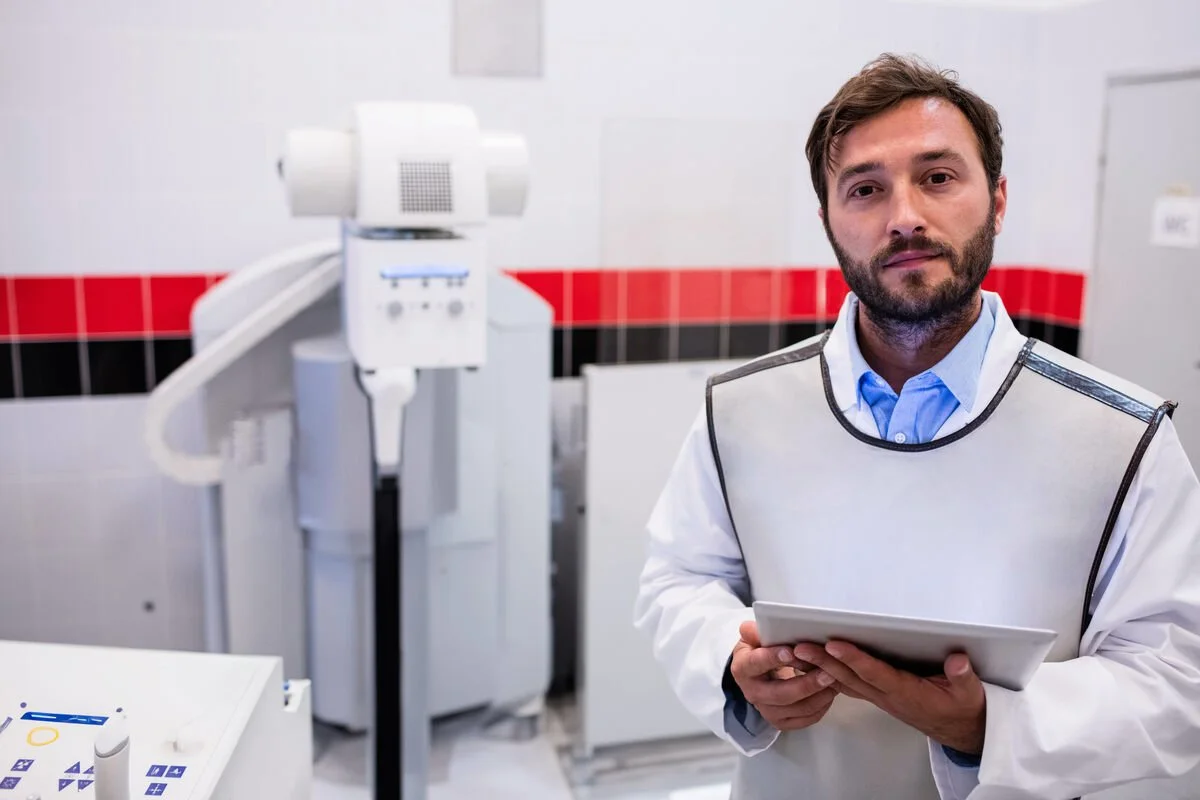RCS Blog
Our blog shares the most up-to-date information on lead apron safety and management best practices.
The Ergonomics of Personal Protective Equipment (PPE): Choosing PPE To Reduce Physical Strain
Gain an understanding of the ergonomics of personal protective equipment (PPE), and learn how products from Radiological Care Services can reduce strain.
Are Front Shielding Lead Skirt Aprons Effective for Radiation Protection During Pregnancy?
Find out if front shielding lead skirt aprons are effective for radiation protection during pregnancy. Explore X-ray protection garments and service with RCS.
A Guide to Radiation Protection During Pregnancy: Protecting Patients and Healthcare Workers
With this guide, explore the risks of radiation during pregnancy and ways to protect pregnant patients and healthcare workers, including with garments from RCS.
Who Makes the Best Lead Aprons?
Find out who makes the best lead aprons. Review the top lead aprons of 2025 and count on RCS for top-quality X-ray garments and outstanding X-ray garment care.
How To Extend the Life of Radiation Protection Garments
Learn how to extend the life of radiation protection garments. Count on RCS for high-quality radiation protection garment cleaning, repairs, and inspection.
What Are the Top Three Ways To Dispose of Lead Aprons?
Explore the top three ways to dispose of lead aprons, and discover the quality X-ray garments and garment repair, cleaning, and inspections offered by RCS.
Why Is It Important To Recycle Lead Garments, and What Is the Recycling Process?
Learn why lead garment recycling is important. Contact RCS for top-quality X-ray garments and X-ray garment inventory management and disposal services.
What Are the 4 Types of PPE for Radiation Protection?
We’ll review the different types of radiation PPE in this article and specific garments that are frequently used in healthcare settings
Types of Personal Protective Equipment (PPE) in Healthcare for Radiation
We’ll provide you with an overview of the types of PPE in healthcare here, along with best practices to keep it safe and effective throughout its lifespan
Do Doctors Get Exposed To Radiation?
Radiation safety in healthcare is crucial for any staff member working with equipment like C-arms, fluoroscopy, and X-rays that emit radiation during use.
Are Oncologists Exposed To Radiation?
Healthcare professionals in oncology are frequently in environments where radiation is present, so proper radiation safety protocols must be used to minimize exposure.
Who Is Responsible For Radiation Safety In Hospitals?
After radiation safety training or learning risks from X-rays, fluoroscopy, or C-arms, you may wonder if your facility is doing enough to ensure safety.
Interventional Radiology Vs Radiation Oncology: What You Should Know
The main difference between a radiation oncologist and an interventional radiologist is the type of treatment they provide and the procedures they perform.
What Is Non-Lead PB And Lead PB-Free Shielding?
Lead is widely used in PPE like aprons and thyroid collars due to its high density, which slows and absorbs X-rays and gamma rays before reaching the body.
Are Lead Aprons Dangerous?
Lead aprons have long been a cornerstone of radiation protection in healthcare environments, particularly in diagnostic imaging. Uncover recent developments here.
Lead Vs Lead-Free Radiation Protection Products: Key Differences
Wearing personal protective equipment (PPE) like lead aprons and thyroid collars is essential for radiation safety in healthcare. Weigh your options here.
How To Inspect Your Lead Apron
Keeping lead aprons in top condition throughout their lifespan is essential for radiation safety in healthcare. Discover best practices here.
How Are Lead Aprons Disposed Of?
When lead aprons reach the end of their lifespan, facilities must follow proper disposal procedures to protect human health and the environment.
How Are Lead Aprons Made
A properly chosen and maintained lead apron is vital for mitigating the risks associated with repeated or prolonged exposure to medical radiation.
Protective Material Guide
Healthcare workers in radiology are frequently exposed to radiation during diagnostic imaging and interventional surgery.

